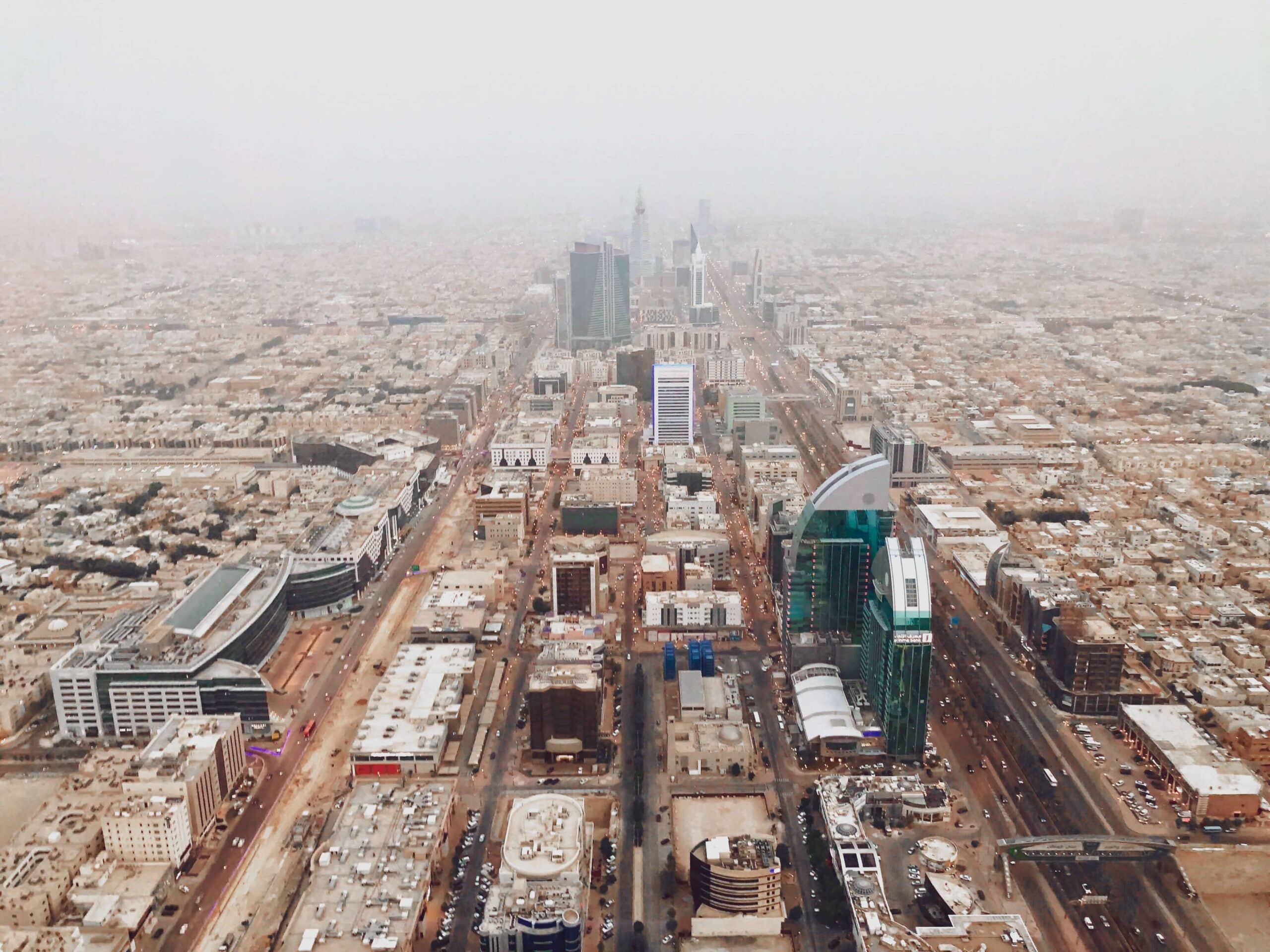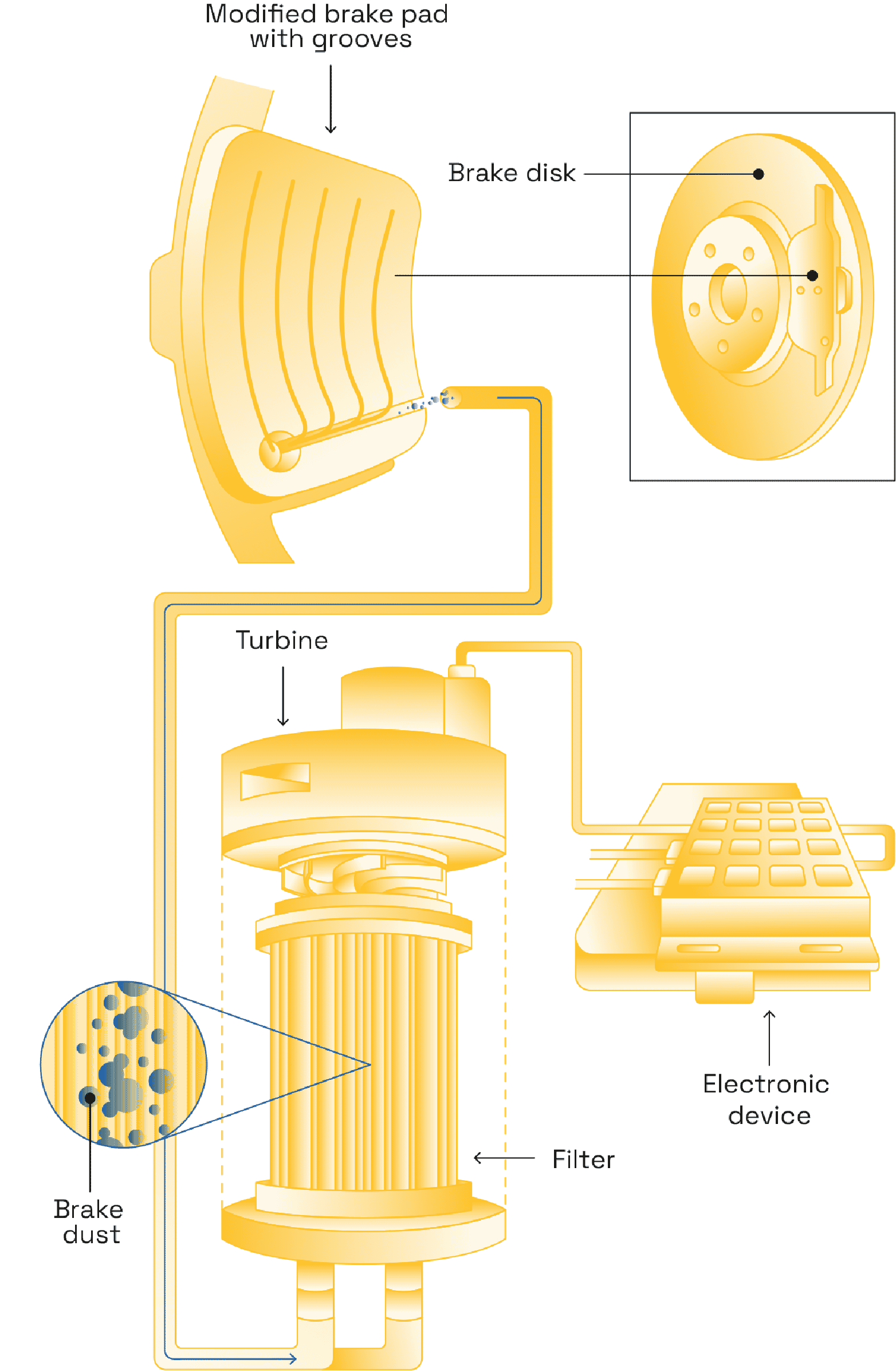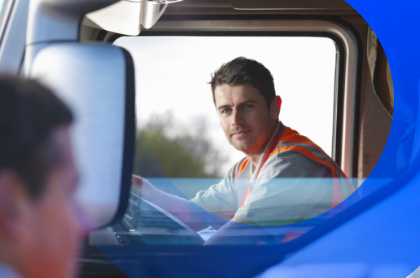What can we do to fight against air pollution?


More energy moderation in construction
Energy moderation is about reducing energy consumption, fighting against waste and improving the energy efficiency of buildings. An example is the renovation of energy-inefficient buildings to limit the power required to heat or cool living spaces. In France, there is much to be done: 5.2 million homes have been identified as energy-inefficient.
Clean energy development
People are now being discouraged to heat their homes with wood or fuel oil. It is better to opt for renewable solutions (solar, wind, hydraulic, geothermal energy, etc.) because any activity that burns fossil fuels has an impact on the quality of the air we breathe.
Greener transport
42% of people who work less than one kilometre from home still use their car to get there. Moving away from this car-based approach and encouraging people to walk, ride a bike or scooter, or use public transport is a major challenge in the fight against air pollution. It requires stepping up public transport availability, especially in large cities that are keenly affected by vehicle pollution. It’s worth noting however that the air inside railway tunnels is on average three times more polluted than the air outside, due to fine friction particles (produced by wear on brakes, tyres and rails). Efforts must be made in this area as well to ensure that public transport users can breathe good quality air.
Driving down the impact of road transport
To fight against air pollution, measures must be taken to reduce the impact of road vehicles. From 2035, petrol- and diesel-powered cars will be banned from sale. At the same time, European standards now regulate nitrogen oxide emissions from exhaust gases. The future Euro 7/VII standard, which is expected to come into force in 2025 will – for the first time – regulate fine particles generated by braking, limiting them to 7 mg/km. This is a step forward, because a car’s braking system emits six times more particles than its exhaust pipe. And solutions do exist! One is the TAMIC®, which sucks away 70% to 90% of the fine particles that are generated by braking, to considerably improve air quality in urban areas. In the fight against air pollution, a combination of factors must come into play, including strict regulations, collective efforts and promising new technologies. This range of solutions has a single goal: to safeguard everyone’s health.






